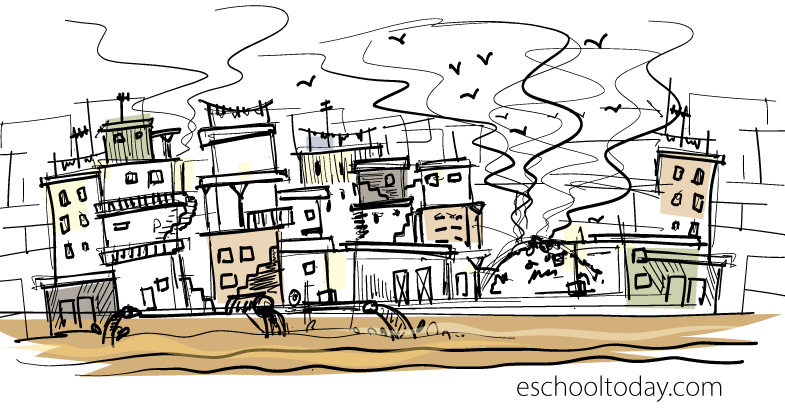- Overpopulation
Effects of Overpopulation
Overpopulation can cause a significant strain on the earth’s resources, particularly resources within that overpopulated area. Think of land, water, the atmosphere, and all the ecosystem services that we enjoy from our environment. What if we deplete these resources or reduce the quality of the available resources as a result of overconsumption or our over-dependence on them? Let’s explore this issue in more detail.

The most pressure of overpopulation is on land. The survival of ecosystems, animals, and insects in the soil, on the soil, water tables, surface water, land for farming and agriculture, forestry, and even places to develop housing for people all depend on the availability of quality land.
Overpopulation can result in
- Loss of natural croplands, forests, and wetlands.
- Destruction and reduction of wildlife populations, wildlife diversity, and habitats.
- Destruction of vegetation and exposing land surfaces to erosion and flooding.
- Destruction of ecosystems and food chains. This goes on to endanger many fauna and flora species as their natural food chains and habitats have been destroyed. In some instances, species have been extinct.
- Destruction of lands due to mining, manufacturing, and industrial developments.
- Economic loss due to floods and fires, natural occurrences, low fertility farmlands, etc.
- Lower health quality due to low medicinal plants and recreational resources.
- Social unrest can result when people have to share limited resources. This can breed civil wars and crime.
- Climate patterns can change when vegetation is destroyed. Exposure of land and water bodies to direct sun can alter atmospheric stability, causing extreme weather conditions.
- Air, land, and water pollution often increases due to increased energy use (burning fossil fuels), waste generation, and increased disposal of pollutants into water bodies.
